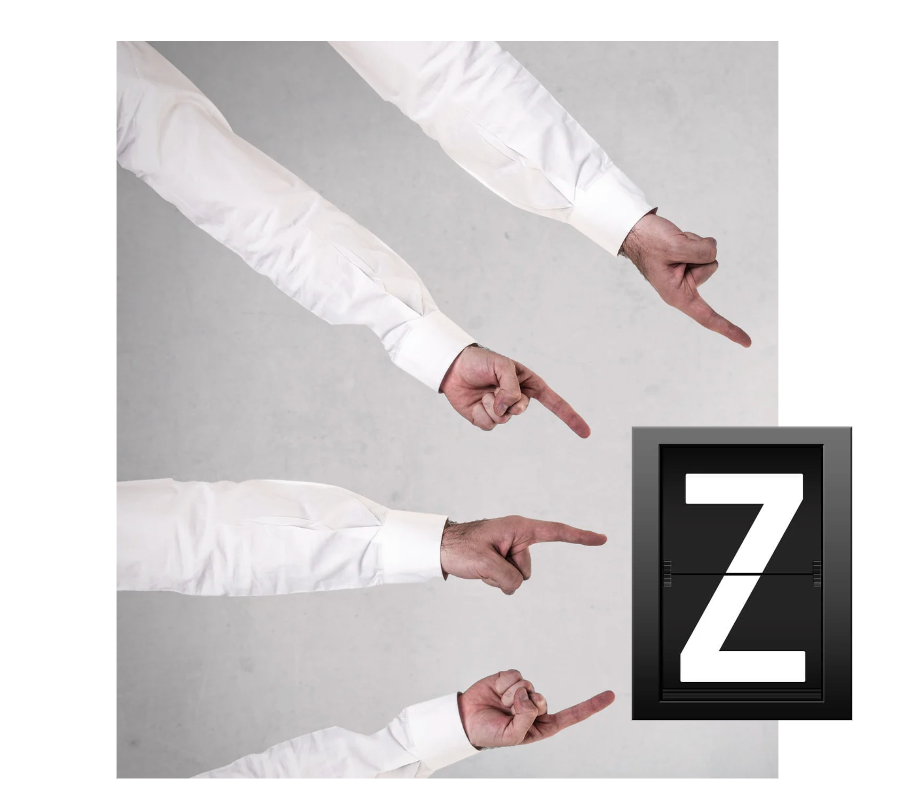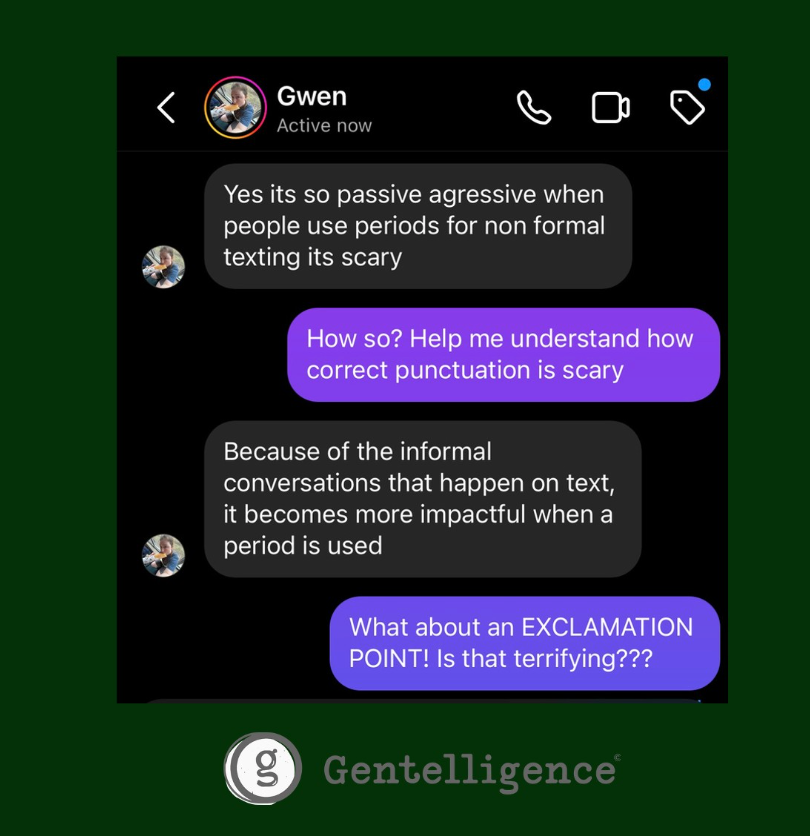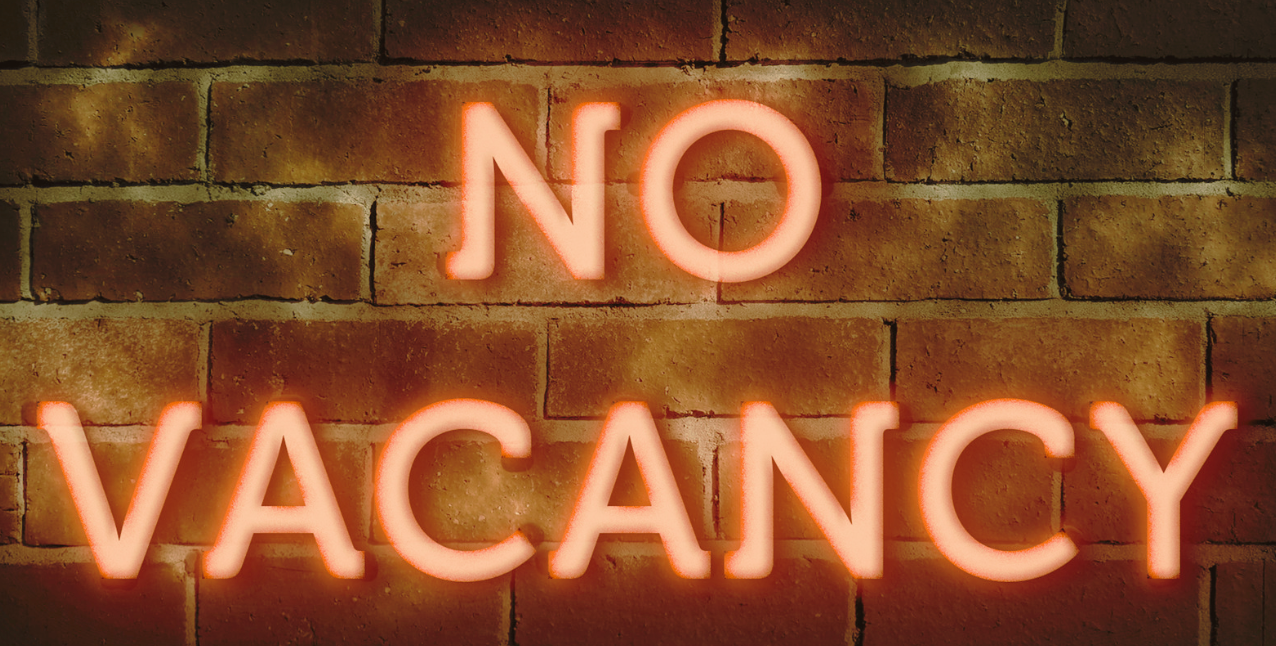How The Princess Bride Can Help With Your Generational Return-to-Office Strategies
Something interesting is happening.
With the momentum of our Harvard Business Review article that came out in March, and the continuing ripples from the Gentelligence book, I’ve been speaking to a lot of audiences this year.
Every conversation is a little different, depending on the industry and how they are being challenged by an intergenerational workplace. But across industries and across borders, everyone wants to talk about how generational differences are playing into what is happening NOW. Especially as it pertains to return-to-the-office strategies and the Great Resignation.
The Search for a Magic Answer
At the core of these conversations is the hope that there is a simple answer. Something such as a generational formula that I can share that will help companies understand the percentage of Gen Zs vs Baby Boomers willing to return to the office and for what optimal length of time. Perhaps it could looks something like this:
(Z*BB/5*9-5=X)
While I wish I had that magical solution, I can provide another one instead. This one comes from the insights of Gentelligence®. Gentelligence® means being smarter about how we understand generations at work. It’s about how they are different in meaningful and interesting ways, and also how they share common ground. By leveraging those differences in a strategic way and building upon those areas of commonality, we can more successfully solve tough challenges, including the return to work quandary.
By the end of this post, you’ll know the magic solution. I promise.
But you have to understand the thinking behind it, which I’ll expand on below.
Assume Nothing
My magical solution comes from Gentelligence® Practice #1: Identify Assumptions (see our book for more on this one!). When we first wrote about this practice, we focused on the problem of generational stereotypes. Those are still relevant to this equation, as reverting to broad-based generalizations about Gen Zs, Millennials, Gen Xers and Boomers is lazy and leads to ill-informed strategies.
We saw this when we all first began working remotely during the pandemic. Given the presumed digital savvy of our Gen Z and Millennials, and their prior push for less rigid office hours, it was widely assumed that our youngest generations would be thrilled with the reality of always working from home. Concerns abounded for our older workers, who we worried would be derailed by all the new tech demands. In short, those assumptions were just wrong.
Data from multiple sources began to show that Gen Z was reporting the LOWEST levels of satisfaction with working remotely, followed by Millennials, Gen X, and our Boomers. Basically, the exact opposite of what we had presumed, showing in glaring clarity why generational stereotypes are never a safe bet.
More than Meets the Eye
Gentelligence ®requires us to dig deeper.
Is satisfaction working from home really just about digital savvy? Of course not.
It’s about many things, including having strong professional networks in place to help support your work, confidence in your ability to be self-directed and having the resources you need to do your work effectively. These are things our older workers had in place to a greater degree than many of our younger ones, due simply to their tenure in organizations.
Many younger workers reported greater feelings of isolation and disengagement, and these are key elements of job satisfaction. According to Kara Hamilton, Chief People Officer for Smartsheet, “Even though they may be more proficient with different technologies, the stress and uncertainty might be impacting their work in greater ways,” she stated.
Enter The Princess Bride
That’s just one way assumptions can lead us astray. In the last year, we’ve come to realize that Identifying Assumptions isn’t just about assuming all members of a particular generation fit a stereotype, it is also about a different kind of assumption: that everyone who works for us shares a common definition of important concepts.
In the wise words of The Princess Bride: “You keep using that word. I do not think it means what you think it means.”
For example, how many times have you heard the word “flexibility” or the word “balance” in the last few months? Or perhaps, something along the lines of: “We need to craft a flexible work policy”.
You bet.
But does a Baby Millennial define flexible the same way a Gen Xer does? As a group, are our Gen Zs defining balance in a very different way than our Boomers might?
Yes, there are important differences within a generation, but also important ones that can exist at a group level between generations, and we need to consider these. Different generations have learned different norms about what it means to “work”, and these are playing into our preferences and definitions of terms that companies may be assuming we all see the same way.
Back to that magic solution you are waiting for. As companies craft their return to the office policies, I’ve received so many questions on “what Gen Zs want” “what Millennials will do” and “how to retain Boomers” (to be honest, no one usually asks me what Gen X wants, and as a Gen Xer, this does not go unnoticed…😉)
Slippery Stats
I can share with you all kinds of amazing statistics that will make your head spin:
- 71% of Gen Z would look for a new job if their employer insisted they return to the office full time.
- 41 % of Millennials report being engaged working from home, compared to just 29% working on-site
- 8 out of 10 Baby Boomers want a flexible work schedule.
Statistics can be framed in so many ways. Usually, we frame them to help support the story we want to tell. It’s hard to make sense of what they mean, and what lessons we are supposed to take from them as we develop these important strategies that will impact our companies for years to come.
Now…are you ready for the magic answer you’ve been waiting for?
Here it is…
Personal Agency.
That’s it.
EVERY SINGLE GENERATION WANTS PERSONAL AGENCY RIGHT NOW. That means your return-to-work strategy has to provide it in order to retain your top talent (of all ages).
What is personal agency? The National Institute of Health defines it as “the feeling of control over actions and their consequences”.
That’s what everyone wants. Every person, every generation. Gentelligence tells us that we will likely see some interesting generational differences in how that agency plays out or what decisions it may lead to, but the underlying need for that agency is universal.
When I first saw the research showing that 74% of Gen Zs would look for a new job if their employer “insisted” they return to the office full time, I was less focused on the Gen Z part and more focused on the “insisted” part.
It’s Motivation 101.
Extensive research supports that “insisting” someone does something will, at best, get you compliance. The employee will do it because they feel like they have to, not because they want to or agree it makes sense for them or the company. Worst case, they won’t comply. They will resist, and then they will leave.
In Search of Commitment
That’s not what we want. We don’t want resistance or compliance. We want commitment: to the company, but also to the strategy. Our employees will embrace our return-to-work arrangements when they understand them, are involved in crafting them, and are given a degree of choice and autonomy in deciding what returning to the office will look like for them.
Employees who feel included in the process and understand how and why decisions were made will be more committed and more likely to stay. This is because they feel heard and seen, not as cogs in a company machine of productivity, but as valuable and complex humans that are vital for the success of an organization.
Sure, we may see different norms emerge from Gen Zs with personal agency than we end up seeing from Gen X, who are in a different life stage and began their careers with different work norms. That story is still unfolding. But return to work policies that understand the need for personal agency at their core will be the most successful ones—for all ages.













